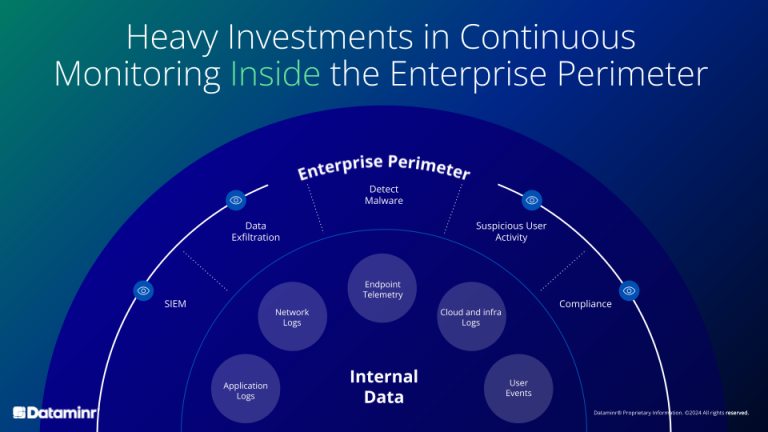
What are the Benefits of a Vegan Lifestyle?
**What are the Benefits of a Vegan Lifestyle? ** A vegan lifestyle promotes better health and reduces the risk of chronic diseases.
It also benefits the environment and animal welfare. Adopting a vegan lifestyle offers numerous advantages. Plant-based diets are rich in essential nutrients, vitamins, and antioxidants, which can enhance overall health. Studies show that vegans tend to have lower cholesterol levels and blood pressure.
This lifestyle also reduces the risk of heart disease, diabetes, and certain cancers. Beyond personal health, veganism supports environmental sustainability. It decreases greenhouse gas emissions, conserves water, and reduces deforestation. Ethical considerations also drive many to adopt veganism, as it aligns with a commitment to animal welfare by avoiding products derived from animals.
Health Advantages
Adopting a vegan lifestyle promotes heart health, reduces the risk of chronic diseases, and aids in weight management. Plant-based diets also improve digestion and boost energy levels.
Nutrient-rich Diet
A vegan diet is full of vitamins and minerals. Fruits and vegetables provide essential nutrients. Whole grains and legumes offer fiber and protein. Nuts and seeds give healthy fats. A varied vegan diet helps maintain good health.
Lower Risk Of Chronic Diseases
Vegans have a lower risk of heart disease. Their diet is low in saturated fats. Plant foods are high in antioxidants. This helps reduce inflammation. Many studies show vegans have a lower risk of type 2 diabetes. Plant-based foods help maintain healthy blood sugar levels.
Weight Management
A vegan diet helps with healthy weight loss. Plant-based foods are low in calories. They are high in fiber. Fiber makes you feel full longer. This helps to eat less and reduce weight.
Vegan foods can boost your metabolism. They are easier for the body to digest. This leads to a higher metabolic rate. A faster metabolism helps burn more calories. This aids in weight loss and management.
Improved Digestion
Vegan diets are rich in fiber. Fiber helps food move through the digestive system. This can prevent constipation. It also helps keep you feeling full. This can help with weight management.
Plant-based foods promote a healthy gut microbiome. A healthy gut can improve digestion. It can also boost the immune system. Vegan diets can reduce inflammation in the gut. This can lead to better overall health.
Environmental Impact
Adopting a vegan lifestyle significantly reduces carbon footprints, conserves water, and decreases deforestation. Plant-based diets help preserve biodiversity and promote sustainable agriculture.
Reduced Carbon Footprint
A vegan lifestyle helps to reduce your carbon footprint. Animal farming produces a lot of greenhouse gases. These gases are harmful to our planet. By eating plants instead, you can help reduce these emissions.
Conservation Of Resources
Vegan diets use less water and land. Animal farming needs a lot of water and space. Growing plants for food uses much less. This helps to save our precious resources. Less land is also needed for plant farming. This means more space for forests and wildlife.
Animal Welfare
Choosing a vegan lifestyle means making ethical food choices. It helps in reducing the demand for animal products. This leads to fewer animals being raised in poor conditions. Factory farming often involves cruelty and pain for animals. By eating plant-based foods, you support a kinder world. Every meal you eat can make a difference.
A vegan lifestyle helps in the reduction of animal cruelty. Animals do not need to suffer for our food. Many people choose veganism to avoid supporting industries that harm animals. When fewer people buy meat, fewer animals are killed. This can lead to a more humane society. Eating vegan can save many lives over time. Your choices can inspire others to do the same.
Enhanced Energy Levels
A vegan diet helps keep blood sugar levels stable. This is important for overall health. Stable blood sugar means fewer energy crashes. A vegan diet is often rich in fiber. Fiber helps slow down sugar absorption. This leads to more balanced energy throughout the day.
Vegan foods are packed with vitamins and minerals. These nutrients boost energy levels. Plant-based foods are easier to digest. This means your body uses less energy for digestion. You feel lighter and more energetic.
Skin And Hair Benefits
A vegan diet can lead to clearer skin. Eating fruits and vegetables helps reduce acne. Dairy products can cause skin issues. Avoiding them can improve skin health. Many vegans notice fewer breakouts. Plant-based foods are rich in vitamins. These vitamins nourish the skin.
Vegans often have stronger hair. Plant-based foods provide essential nutrients. These nutrients strengthen hair follicles. Omega-3 fatty acids are found in seeds and nuts. They help keep hair shiny. Protein from beans and legumes aids hair growth. Hair becomes less prone to breakage. Many vegans report healthier hair.
Mental Well-being
A vegan lifestyle can boost your mood. Plant-based foods are rich in nutrients. These nutrients help in producing serotonin. Serotonin is known as the happiness hormone. Eating more fruits and vegetables can make you feel happier. Many people report feeling more energetic and positive.
Vegan diets may help reduce anxiety. Plant foods are high in antioxidants. Antioxidants protect your brain from stress. A balanced vegan diet can improve your mental health. It helps to keep your mind calm and focused. Many find they worry less and feel more at peace.
Conclusion
Embracing a vegan lifestyle offers numerous benefits. It promotes better health, supports animal welfare, and reduces environmental impact. By choosing plant-based options, you contribute to a more sustainable future. Consider making the switch to enjoy these advantages and improve your quality of life.






